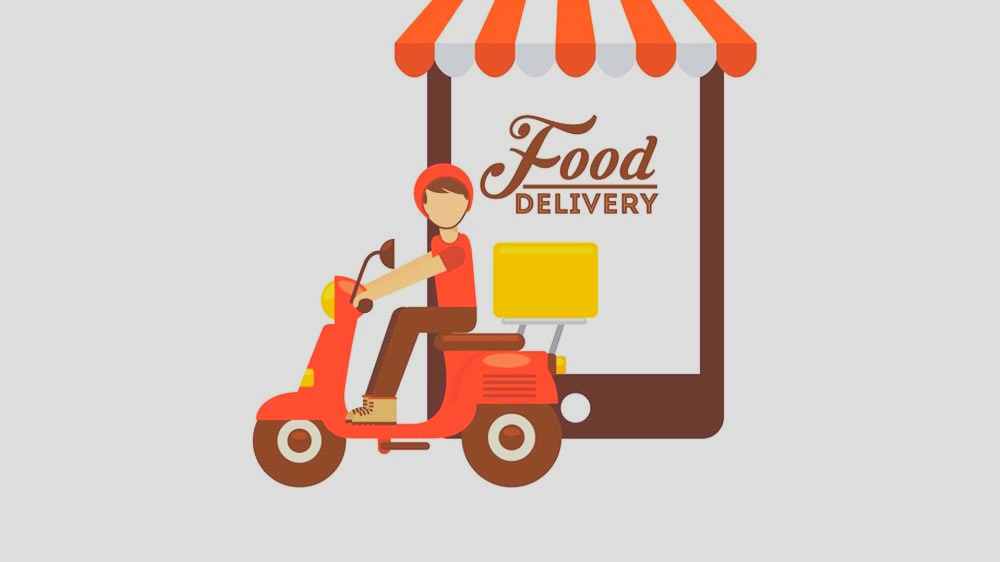The food delivery industry in Qatar is booming, thanks to increasing demand for convenience, high smartphone usage, and a strong appetite for digital services. With major players like Talabat and Snoonu leading the market, there’s still plenty of room for niche, localized, and innovative food delivery businesses.
If you’re an aspiring entrepreneur, here’s your step-by-step guide on how to start an online food delivery business in Qatar—from legal setup to launch.
Why Start a Food Delivery Business in Qatar?
Qatar offers strong potential for food delivery startups due to:
Tech-savvy population
High vehicle ownership (ideal for delivery)
Digital payment readiness
Strong demand for online ordering
Startup-friendly ecosystem backed by government initiatives
Step-by-Step Guide to Starting a Food Delivery Business in Qatar
1. Choose Your Business Model
Start by deciding your business structure:
Popular Models:
-
Aggregator Platform
-
Like Talabat or Snoonu: connect customers with multiple restaurants and handle delivery.
-
-
Cloud Kitchen (Dark Kitchen)
-
Delivery-only restaurant without dine-in. Ideal for reducing overhead costs.
-
-
Single-Restaurant Delivery App
-
Build your own app for your restaurant and offer direct delivery.
-
-
Niche Delivery
-
Serve a specific audience (e.g. healthy meals, traditional Qatari food, desserts only).
-
2. Register Your Business in Qatar
To operate legally in Qatar, follow these steps:
A. Commercial Registration (CR)
-
Apply via the Ministry of Commerce and Industry (MOCI).
-
Choose the right activity (e.g., food delivery services, restaurant management, e-commerce).
-
Decide your company type (e.g., Limited Liability Company – LLC).
B. Municipal License
-
Apply through Baladiya (Municipality) for a location-based or virtual business.
C. Food Establishment Permit
-
Required if you’re handling, cooking, or storing food.
-
Issued by the Ministry of Public Health (MoPH).
D. Qatar Chamber Registration
-
Some business activities require additional Chamber registration.
3. Build Your Tech Platform
A well-designed platform is essential for customer trust and ease of use.
Your Online Platform Should Include:
-
Customer Mobile App (iOS & Android)
-
Restaurant Dashboard (manage orders, menus)
-
Driver App (real-time delivery tracking)
-
Admin Panel (analytics, payments, logistics)
-
Payment Gateway Integration (QPay, card payments, Apple Pay)
Options for Development:
-
Hire a local tech company or freelancer
-
Use white-label solutions (Ordering.co, saaztro.co, JungleWorks)
-
Build a custom app from scratch (higher cost, more control)
4. Partner with Restaurants and Drivers
Depending on your model, you will need:
A. Restaurant Partners
-
Onboard local restaurants, home-based cooks, or cloud kitchens.
-
Provide tablets or access to your dashboard for real-time order management.
-
Charge a commission, subscription fee, or per-order fee.
B. Delivery Drivers
-
Hire or partner with freelance drivers.
-
Ensure drivers have valid Qatari driving licenses, vehicles, and are residents or authorized to work.
-
Train them on hygiene, punctuality, and customer service.
5. Set Up Payments & Logistics
A. Payment Gateways
-
QPay, CCAvenue, Tap Payments, MyFatoorah, or integration with local banks.
-
Offer cash-on-delivery, but promote digital payments.
B. Delivery Logistics
-
Real-time GPS tracking
-
Heat maps to monitor demand
-
Delivery zones & automated dispatching
6. Marketing & Launch Strategy
Before launch, build awareness and attract early users.
Pre-Launch:
-
Tease your app on Instagram, TikTok, Snapchat
-
Collaborate with food bloggers and influencers
-
Offer free delivery or first-order discounts
After Launch:
-
Run Google Ads and Meta Ads targeting Qatar
-
Create loyalty programs and referral bonuses
-
Use SMS & WhatsApp marketing (popular locally)
-
Register on Google My Business for visibility
7. Compliance & Food Safety
Operating in the food industry requires strict adherence to local laws.
Must-Dos:
-
Follow all MoPH food handling and hygiene regulations.
-
Ensure food safety certifications for staff.
-
Regular inspections may apply to cloud kitchens or storage spaces.
-
Have clear terms of service, privacy policies, and return/refund policy on your website/app.
Estimated Startup Costs in Qatar (QAR)
| Item | Estimated Cost (USD) |
|---|---|
| Business Registration & Licenses | 5,000 – 10,000 |
| App & Website Development | 25,000 – 100,000 |
| Marketing & Launch Campaign | 5,000 – 20,000 |
| Hiring & Training Delivery Staff | 10,000+ |
| Equipment & Logistics | 5,000 – 15,000 |
| Monthly Operating Expenses | 5,000 – 15,000 |
Final Thoughts
Launching an online food delivery business in Qatar can be a rewarding venture. The key to success lies in understanding the market, providing excellent service, and using technology to streamline operations.
